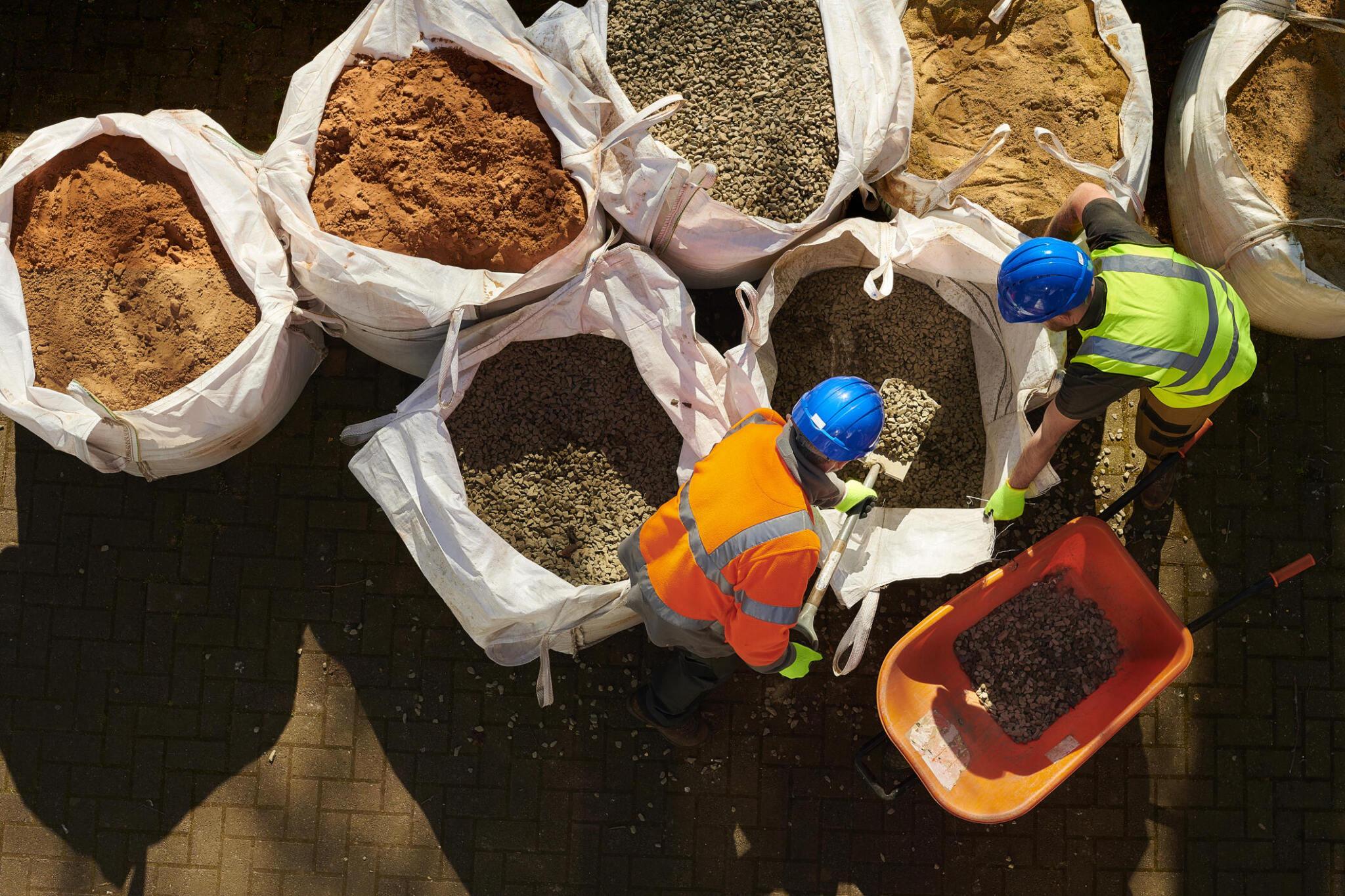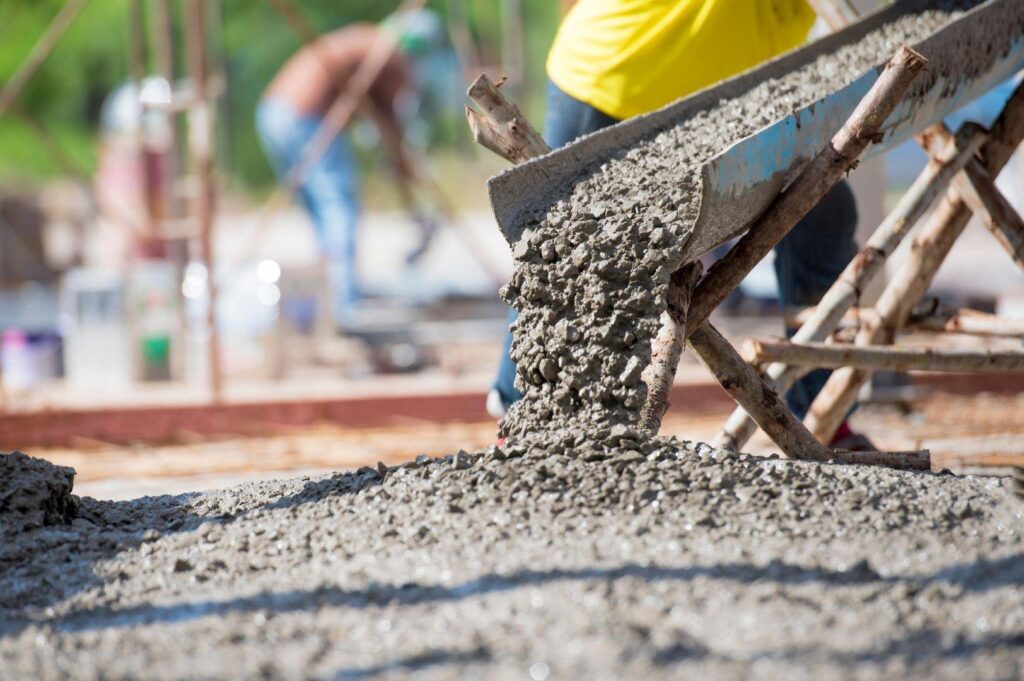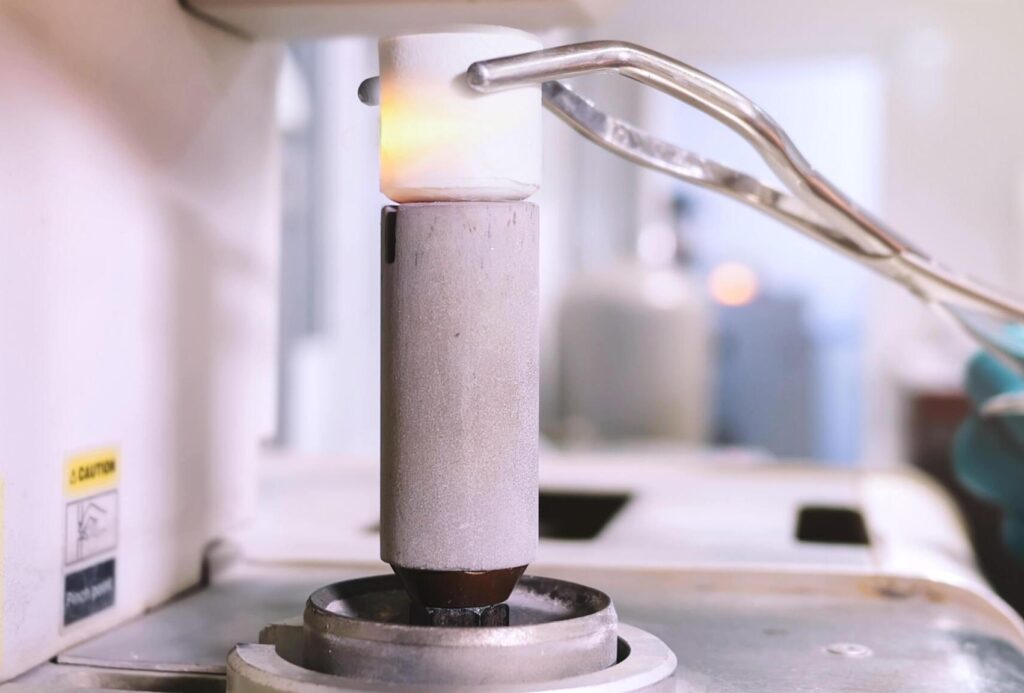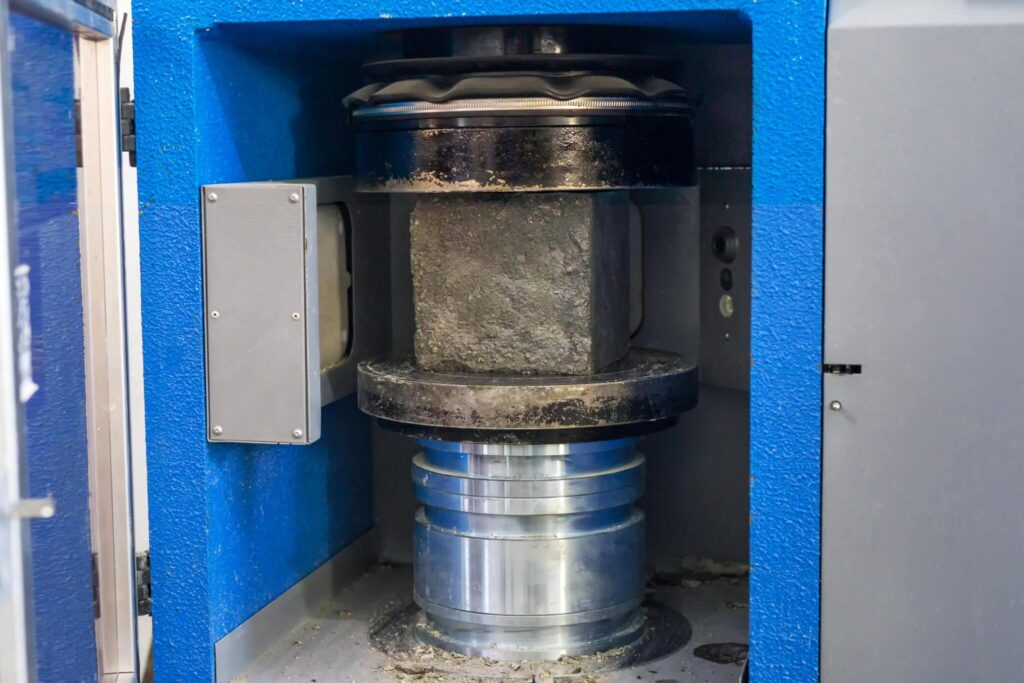As the construction industry plays a vital role in the country’s development, ensuring the safety and longevity of structures is paramount. While the marvels of modern architecture grab our attention, there exists a hidden world of meticulous processes that guarantee their success. In this world, aggregates – the inert, granular materials that form the backbone of concrete – emerge as the unsung heroes, and their quality hinges on a crucial yet often overlooked aspect: aggregate testing.
What are Aggregates and Why are They Important?
Imagine concrete as a composite material. Cement acts as the glue, binding together the fine and coarse particles – the aggregates – that make up the bulk of the concrete. Aggregates, typically consisting of crushed stone, sand, or gravel, play a critical role in determining the final properties of concrete. Their size, shape, strength, and cleanliness all significantly impact the workability, strength, durability, and overall performance of the finished structure.
The Benefits of Quality Aggregate Testing
Investing in quality aggregate testing offers a multitude of benefits for construction projects in the Maldives:
- Enhanced Structural Integrity: By ensuring the use of high-quality aggregates, MERL’s testing contributes to the creation of robust and resilient structures. This is particularly important in the Maldivian context, where buildings face unique challenges like exposure to saltwater and potential for extreme weather events.
- Improved Durability: Quality aggregates lead to more durable concrete, reducing the risk of cracking, spalling, and other forms of deterioration over time. This translates to lower maintenance costs and a longer lifespan for structures.
- Optimum Performance: Proper aggregate testing ensures the concrete performs as intended, achieving the desired strength, workability, and other properties crucial for specific applications.
- Cost-Effectiveness: While testing may seem like an added expense initially, it prevents costly problems down the line. Identifying unsuitable aggregates early allows for timely corrective measures, saving money on repairs and potential reconstruction.
The Role of Quality Aggregate Testing
Just like any other building material, aggregates need to meet specific quality standards. Here’s where the expertise of MERL (Maldives Engineering Research Laboratory) comes into play. Through a comprehensive suite of aggregate testing procedures, MERL ensures that the aggregates used in construction projects throughout the Maldives are fit for purpose. What Tests Does MERL Perform on Aggregates?
MERL utilizes a range of standardized tests to evaluate various aspects of aggregate quality. Some of the key tests include:
- Gradation Testing: This test determines the particle size distribution of the aggregate. A well-graded aggregate mix ensures optimal packing density, leading to stronger and more durable concrete.
- Strength Testing: The strength of the individual aggregate particles is crucial for the overall strength of the concrete. MERL conducts tests to assess the crushing resistance and tensile strength of the aggregates.
- Shape Analysis: The shape of the aggregate particles can significantly impact the workability of fresh concrete. Flat and elongated particles can lead to difficulties in mixing and placing the concrete, while well-rounded particles enhance workability.
- Cleanliness Testing: The presence of impurities like dust, clay, or organic matter can significantly weaken the bond between the aggregate and the cement paste. MERL performs tests to determine the amount of these contaminants and ensure they fall within acceptable limits.
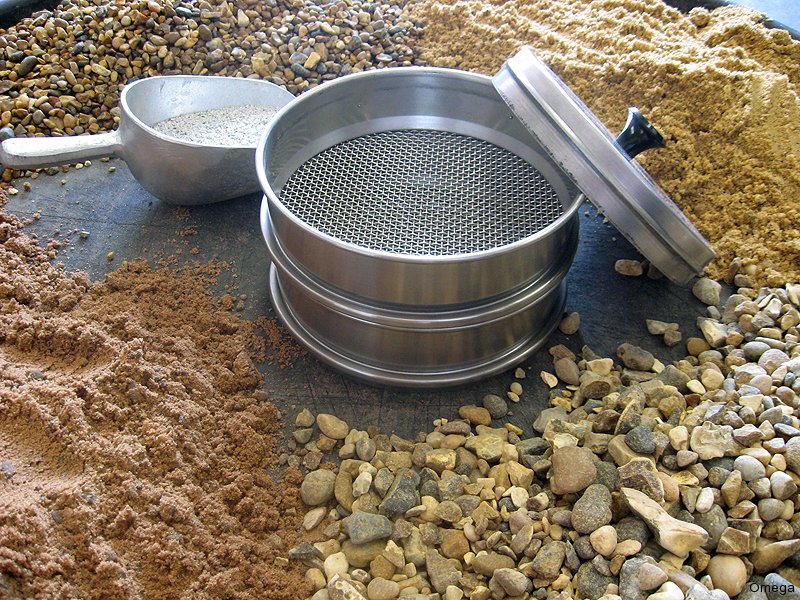
The Benefits of Quality Aggregate Testing
Investing in quality aggregate testing offers a multitude of benefits for construction projects in the Maldives:
- Enhanced Structural Integrity: By ensuring the use of high-quality aggregates, MERL’s testing contributes to the creation of robust and resilient structures. This is particularly important in the Maldivian context, where buildings face unique challenges like exposure to saltwater and potential for extreme weather events.
- Improved Durability: Quality aggregates lead to more durable concrete, reducing the risk of cracking, spalling, and other forms of deterioration over time. This translates to lower maintenance costs and a longer lifespan for structures.
- Optimum Performance: Proper aggregate testing ensures the concrete performs as intended, achieving the desired strength, workability, and other properties crucial for specific applications.
- Cost-Effectiveness: While testing may seem like an added expense initially, it prevents costly problems down the line. Identifying unsuitable aggregates early allows for timely corrective measures, saving money on repairs and potential reconstruction.
MERL: Your Partner in Quality Assurance
At MERL, we understand the critical role of aggregates in construction. Our commitment to providing accurate and reliable aggregate testing services is unwavering. By employing state-of-the-art equipment and adhering to the highest international testing standards, we empower builders and developers to make informed decisions that guarantee the safety and longevity of their projects.
In conclusion, aggregates, the silent workhorses of construction, deserve recognition for their contribution to the strength and stability of our built environment. Quality aggregate testing, as championed by MERL, plays a vital role in ensuring these unsung heroes perform to their full potential. By investing in this crucial step, we contribute to building a more secure and sustainable future for the Maldives.
For further information on MERL’s aggregate testing services or to discuss your specific project needs, please contact us.

